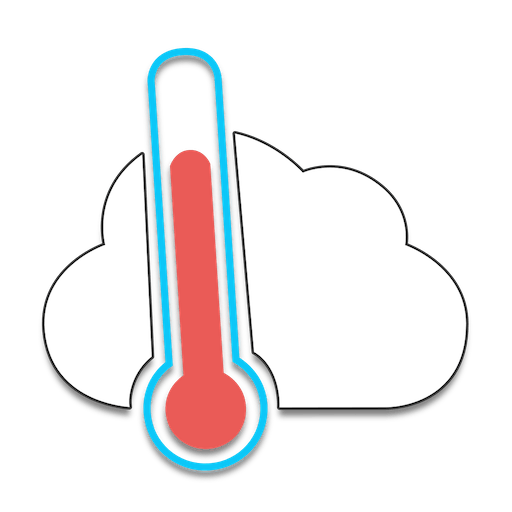To be honest, the upcoming weather hasn’t been on the forefront of my thoughts over the past week. With the rapidly expanding reach of COVID-19, I’ve been spending much more time determining what the best steps for my family are in the near future.
A story has repeated in several countries over the past several weeks: relative complacency about the virus has led to disastrous results. Does this mean that it’s time to panic? No! But it is time to be prepared and adjust our behaviours if we want to avoid the unnecessary deaths seen in other countries whose health care systems have been overwhelmed.
So what to do? I think in this case it’s imperative that we listen to the experts. The reality is, whether in health care, meteorology, emergency management, or any other number of fields that have direct impacts on our lives, there are highly educated and trained people who have prepared for challenges that seem foreign to us. It’s easier than ever to find “armchair advice” with almost anything, but there’s a huge difference between an internet opinion and a career of preparation.
Nobody is correct 100% of the time. In the field of meteorology, where believe it or not we are actually quite good (and getting better), mistakes happen. City planners make mistakes. Doctors make mistakes. The difference with experts is how frequent and how severe those mistakes are. Experts make fewer big mistakes, period. It’s easy to remember the failures, and hard to remember all the times they do their jobs well and we don’t notice.
Taking A Break
That said, we’re going to be taking a break from posting forecasts on A Weather Moment. The reason is two-fold. First, I expect to have significant disruptions to my normal schedule over the coming weeks and finding the time to analyze and write forecasts may be difficult. The second, and I think more important, issue is that now is the time to listen to experts. While I am a meteorologist by trade, this web site is not my outlet of official capacity. For the next while, I highly suggest you check for your forecasts from one of the two official Canadian sources:
- Environment and Climate Change Canada: The official source for meteorological information in Canada and the only agency with authority to issue watches and warnings. Staffed by expert meteorologists with human intervention for the first 48 hours. Offers point-based forecasts, so available locations are limited.
- The Weather Network: Canada’s largest private-sector weather forecasting firm. Employs a smaller team of meteorologists that modify a gridded data set to produce forecasts. As a result, forecasts are available for a larger number of locations, but the relatively limited size of their team means many forecasts are heavily dependent on the underlying model and can be susceptible to bias/model insufficiencies.
I personally utilize ECCC for my information. They tend to have fairly accurate forecasts and typically correctly forecast things models tend to struggle with (such as those terrible southerlies when ridges depart). These are official outlets staffed by experts who have years and decades of experience in the field.
I don’t have an exact date when we’ll start the forecasts up again. I’ve been pondering for quite a while what the future of the site is. There’s a ton of work I’d like to do on the site that I simply don’t have the time for when writing forecasts 3x per week. My general feeling has been that I’d like to move towards writing forecasts only for significant events to better contextualize them, increasing the amount of climatological analysis, and greatly improve our tools. During this break, I’ll certainly be pondering exactly what the format looks like when we get back at it. If you have thoughts on that, feel free to let us know in the comments!
Regarding COVID-19
In addition to your weather forecasts, now is the time to listen to our health experts on what to do as the global pandemic arrives in our communities. There are very real and tangible steps we can all take to reduce the transmission of SARS-CoV-2 and ease the burden on our health care system. A true signal of success will be if in 4+ weeks we are able to look back and feel like we overreacted. For information regarding the virus, here are your official sources:
- Government of Canada – Coronavirus Disease: Official information and updates from the federal government.
- Manitoba Health – Coronavirus: Official information and updates from Manitoba Health.
- City of Winnipeg – Coronavirus: Official information and updates from Manitoba Health.
If there’s one thing that has been made clear in several countries around the world is that by the time it seems bad, it’s actually much worse. We humans are exceptionally social creatures, and reducing our time with each other is difficult. But by taking measure such as ensuring the practice of good communal hygiene, working from home (where possible), eliminating large gatherings, and essentially holing up for a couple weeks, we will be able to significantly reduce the impact of this disease on our community.
So don’t panic, just prepare and begin changing your behaviour. By listening to, and acting on, the advice of the experts responsible for our well-being, we can all do our part in helping our communities manage the coming storm.
All the best to everyone reading this; we hope that you and those close to you are able to stay healthy as we all work together on this challenge. AWM will be back sometime in the coming weeks!

